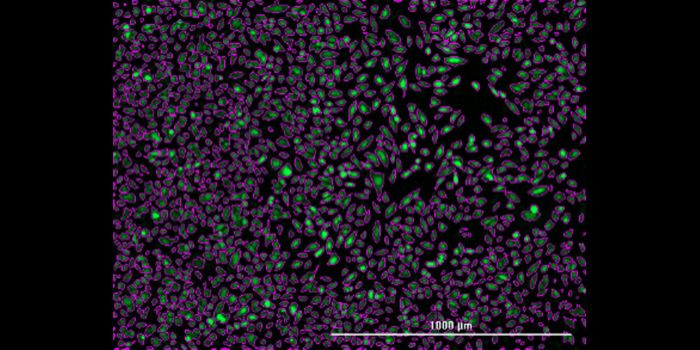AI Exponentially Accelerates Drug Development
Research and development for new drugs is both an expensive and lengthy process, often lasting years, if not decades. With the development of artificial intelligence technology however, this process is both becoming more cost-efficient and shorter, something that is expected to exponentially accelerate the development of new drugs.
According to Brendan Frey, founder and CEO of AI-based drug discovery company, Deep Genomics, developing drugs has traditionally been like gambling, “It’s like the Big Pharma companies come into a casino, put a million-dollar coin into a slot machine and with some probability like 10% or something, they get a win (Robertson: 2019).”
This is where AI comes in. Until now, Deep Genomics has developed over 20 machine learning systems trained from both public and proprietary data to screen for disease-causing mutations while looking for drug targets. In just two hours, their technology can screen over 200,000 pathogenic mutations and automatically suggest potential drug targets.
Frey said, “I am certain that we are witnessing a new era of drug discovery… Our AI systems can figure out how diseases are caused and how to fix those diseases much more rapidly than humans ever could and also with a greater success rate (ibid.).”
In particular, Frey and his team have used their machine learning systems to find potential drugs for Wilson's disease, a rare genetic disorder that leads to excessive build-up of copper in various body tissues. If left untreated, it can cause liver disease and central nervous system dysfunction, ultimately leading to death (Rare Disease Database: 2019). Although current drugs m to reduce copper levels in the body by stopping their absorption from food, no treatments have yet been made to restore the body’s natural ability to remove the metal.
Using Deep Genomics AI however, Frey and his team were both able to understand how a mutation changes an amino acid in a copper-binding protein, an identify 24 potential new drug candidates. After testing these further, they were then able to announce a candidate for further development as an investigational new drug (Philippidis: 2019).
With such a process usually taking around 17 years now possible in just 18 months, Frederick Askari, the Director of the Wilson Disease Program at the University of Michigan said: ”The clarity that this artificial intelligence platform has brought to the scientific community is astounding and the potential of a therapy that could operate at the genomic level to correct the disease process is exciting.”
Sources
Roberston, Sally: News Medical
Rare Disease Database: National Organization for Rare Disorders
Philippidis, Alex: Genetic Engineering and Biotechnology News









